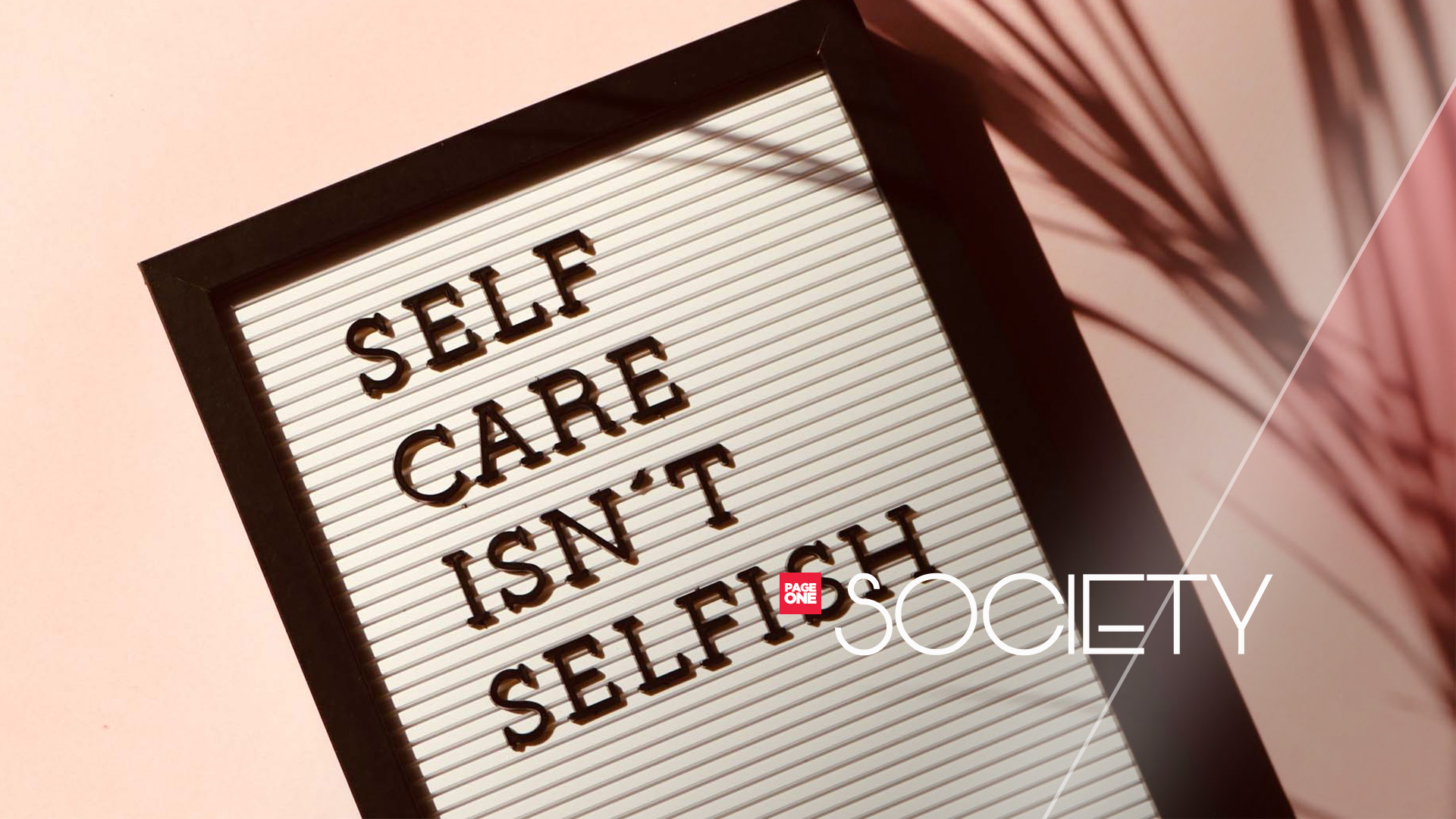Many people consider self-care as a luxury than a priority, which leaves them feeling exhausted, overwhelmed and unprepared to handle day-to-day challenges.
Wellness coach, workshop leader and health educator Elizabeth Scott, PhD, explained that self-care is more than finding ways to relax. It focuses more on addressing the basic needs of the body.
“All the stress relief activities in the world won’t help if you aren’t taking care of yourself,” she stated. “Meditation won’t do you any good if you aren’t getting adequate sleep. Hitting the gym once in a while won’t relieve much if you’re not regularly fueling your body with healthy, nutrient-dense food.”
Scott, author of The 8 Keys to Stress Management, who specializes in positive psychology, healthy relationships and emotional well-being, likewise elaborated that it is not a “one size fits all strategy”.
“The demands of your daily life can dictate what you need most. Your self-care plan needs to be customized to what is currently going on in your life,” she noted. “You don’t want to wait until you’ve reached your breaking point.”
Echoing the expert, the Benilde Well-Being Center of the De La Salle-College of Saint Benilde shared Scott’s advice and the different types of self-care to guide the general public in restoring their balance and finding relief from stressors.
“Schedule time to focus on yourself,” Scott concluded. “Even when you feel like you don’t have time to squeeze in one more thing, make self-care a priority. When you’re caring for all aspects of yourself, you’ll find that you are able to operate more effectively and efficiently.”
Here are five reminders on how to best take care of ourselves:
1. Physical

Take care of your body if you want it to run efficiently. You will think and feel better, too. Get adequate sleep. Have enough exercise. Eat a balanced diet. Take charge of your health. Attend appointments. Take medications as prescribed.
2. Social

Put time and energy in cultivating and maintaining close connections. Create an optimal social life. Nurture relationships with peers and family. Get enough face-to-face time with them.
3. Mental
Keep your mind sharp. Engage in activities that mentally stimulate you. Answer some puzzles. Learn about a subject that fascinates you. Read books. Watch movies that inspire you. Maintain a healthier inner dialogue. Practice self-compassion and acceptance.
4. Spiritual

Nurturing your spirit doesn’t have to involve religion. Meditate. Pray. Attend a religious service. Develop a deeper sense of meaning, understanding or connection with the universe.
5. Emotional

Allot time for tasks that aid you to acknowledge and express your feelings regularly and safely. Immerse in leisure activities that help you process your emotions and recharge. Talk to a partner, a friend or family about how you feel.
An additional tip: customize your own self-care plan. This can serve as a preventative measure to make sure that you don’t get overwhelmed. Make a list of the different aspects of your life. List down major daily activities. Assess your needs. Think about the possible stressors. Consider the things you can do to address it or help yourself feel better. Prepare for possible challenges. Identify a single small step to start caring for yourself.





















